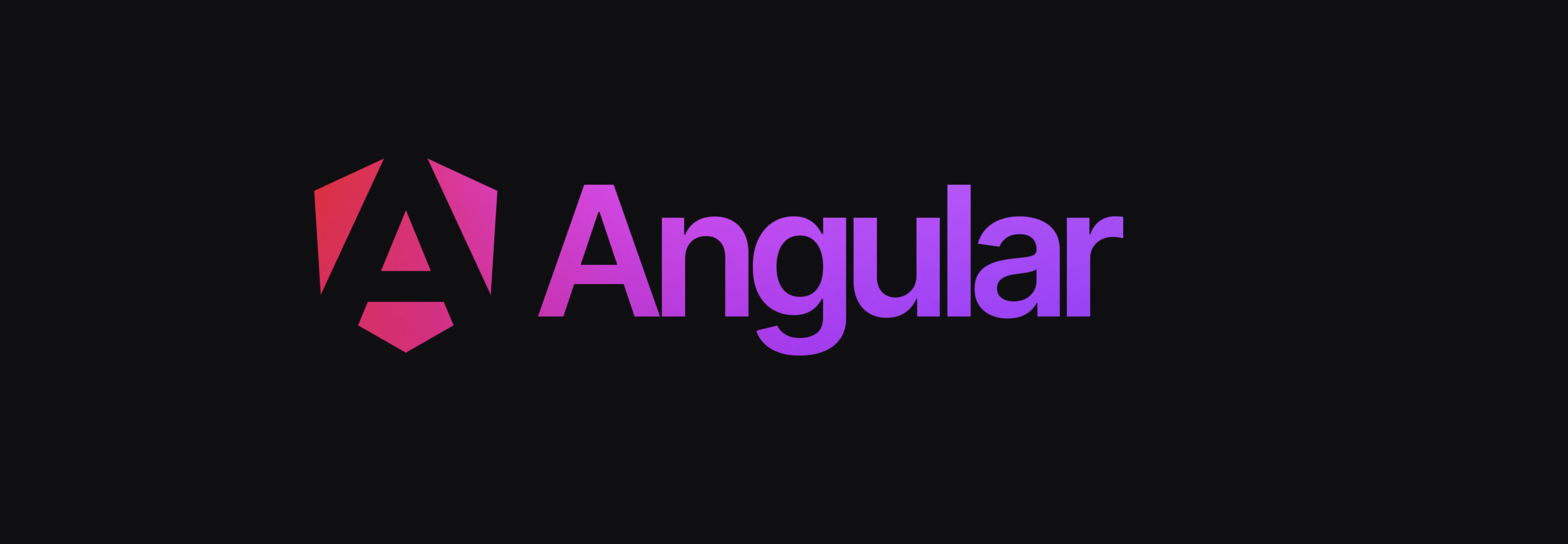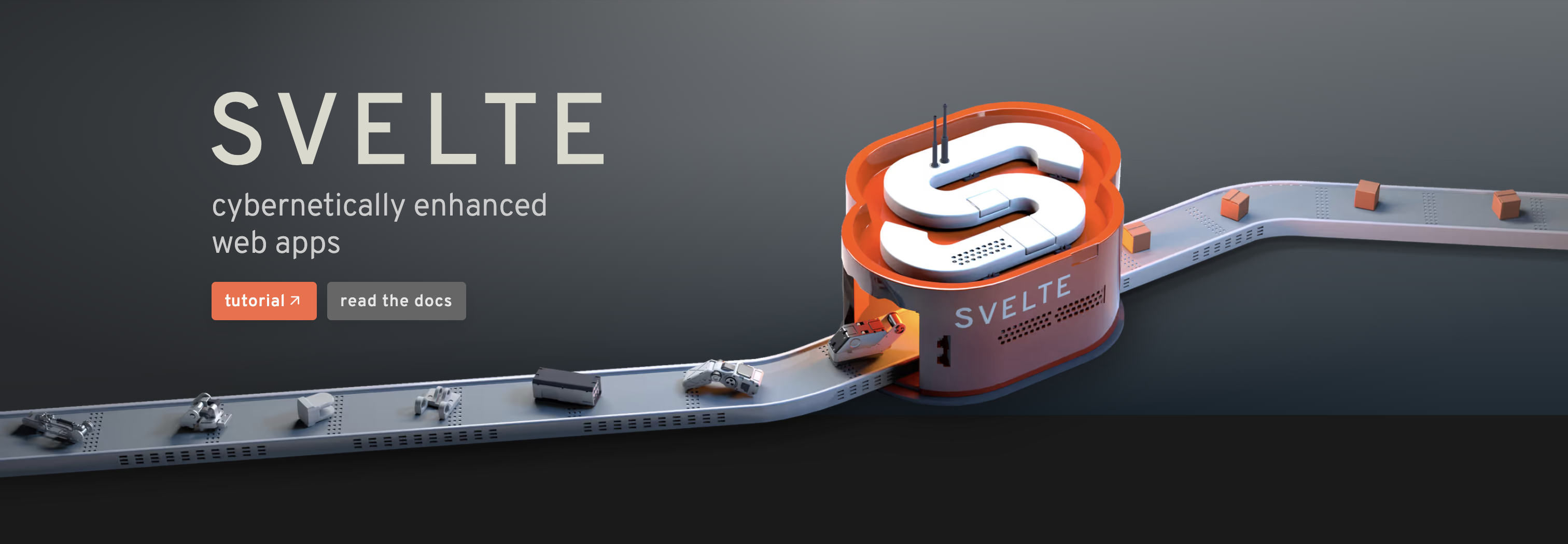Best 7 JavaScript Frameworks for 2024
Explore the top 7 JavaScript frameworks that will help you build modern, scalable, and high-performance web applications in 2024. Enhance your development skills with these powerful tools.

JavaScript frameworks have revolutionized web development, making it easier to create robust and efficient web applications. In 2024, several frameworks stand out for their performance, community support, and advanced features. Here are the best 7 JavaScript frameworks to consider for your projects.
1. React

React is a JavaScript library for building user interfaces, developed by Facebook. It has gained immense popularity due to its component-based architecture, virtual DOM, and strong community support.
Key Features:
- Component-based architecture
- Virtual DOM for improved performance
- Strong ecosystem and community support
2. Vue.js

Vue.js is a progressive JavaScript framework for building user interfaces. It is designed to be incrementally adoptable, making it easy to integrate with other projects and libraries.
Key Features:
- Reactive data binding
- Component-based architecture
- Comprehensive documentation and community support
3. Angular

Angular is a platform and framework for building single-page client applications using HTML and TypeScript. Developed by Google, Angular offers a robust set of tools and features for building large-scale applications.
Key Features:
- Two-way data binding
- Dependency injection
- Comprehensive set of built-in tools and libraries
4. Svelte

Svelte is a radical new approach to building user interfaces. Instead of using a virtual DOM, Svelte compiles your components to highly efficient imperative code that directly manipulates the DOM.
Key Features:
- No virtual DOM
- Highly efficient compiled output
- Simplicity and ease of use
5. Next.js

Next.js is a React-based framework that provides infrastructure and simple development experience for server-side rendering (SSR) and static site generation (SSG). It's ideal for building high-performance web applications.
Key Features:
- Server-side rendering and static site generation
- API routes
- Built-in CSS and Sass support
6. Nuxt.js

Nuxt.js is a framework for building Vue.js applications with server-side rendering, static site generation, and powerful configurations. It simplifies the development of complex applications.
Key Features:
- Server-side rendering and static site generation
- Modular architecture
- Powerful configuration options
7. Ember.js

Ember.js is a framework for building ambitious web applications. It provides a strong convention-over-configuration philosophy and a robust set of tools to build scalable applications.
Key Features:
- Convention over configuration
- Ember CLI for powerful tooling
- Strong community and documentation
Conclusion
Choosing the right JavaScript framework can greatly enhance your productivity and the quality of your web applications. These 7 frameworks offer a range of features and capabilities that cater to different needs, from building simple user interfaces to complex, large-scale applications. Explore these options and see how they can help you create modern, scalable, and high-performance web applications in 2024!
Happy Coding! 😊